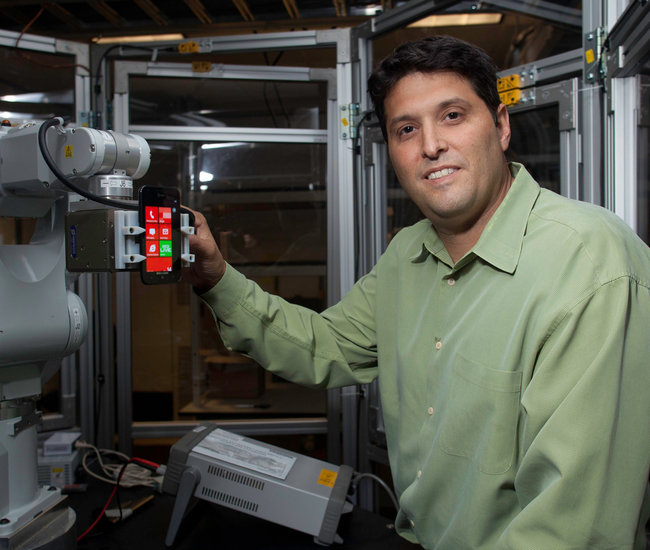Microsoft Surface Phone won’t happen. What’s coming next is even better.

This week, ZDNet reporter Mary Jo Foley sat down with Microsoft VP of Windows and Devices Terry Myerson, in an attempt to get a clarification on what Microsoft intends to do about Windows Mobile.
Microsoft has grown considerably, and has remarkably well as a device manufacturer, in the past few years, but one thing that has baffled everyone is the fact that Microsoft, while holding less than a percentage point of the smartphone market, is still actively developing Windows Mobile, at a pace that matches the desktop version of Windows 10.
Foley, much like the rest of us, asked Myerson a fair question, in no uncertain terms: “...why is Microsoft wasting time updating Windows Mobile when the market share is one percent?...”, to which Myerson replied: “...Technically, there are really two things that are unique about Windows Mobile. One is cellular connectivity, and the other one is the ARM processors that are there. And I think both cellular connectivity and ARM processors have a role in the technical landscape of the future...”.
As vague as an answer as this may be, over the course of the interview, Myerson may have let out a few bits of information that may help piece together what Microsoft is actually working towards, in regard to Windows Mobile, and it’s very possible that it’s not a phone:
“...So we're going to continue to invest in ARM and cellular. And while I'm not saying what type of device, I think we'll see devices there, Windows devices, that use ARM chips. I think we'll see devices that have cellular connectivity...”.
This statement gives way to all sorts of predictions, ranging from cellular-enabled ultraportables, entry-level next generation Surface tablets, and, of course, Windows 10-powered wearables.
At present Microsoft’ priorities are very much in favor of creative users, business customers, and gamers. This means that many of the products that we’ll keep seeing in the future, will be centered around Universal Windows Platform apps, content creation, Windows Ink, and mixed reality, such as HoloLens and upcoming Microsoft VR products.
ARM architecture will be a big part of it, because future devices will be untethered, and will have to rely on extremely battery-friendly hardware, in order to provide adequate performance.
The only thing we know for sure is that Microsoft is looking to create a new category of products, and we’ll see it when it’s ready, and not a minute earlier. There is no set deadlines, because just like the Surface Studio, and the Surface Book before it, these will be products that people have no idea whether they will love them or not, until they see them.
Ready to shop?
If you are looking for the ultimate Windows 10 tablet, PortableOne has the best deals on Surface Pro 3 and Surface Pro 4, as well as a full range of accessories.